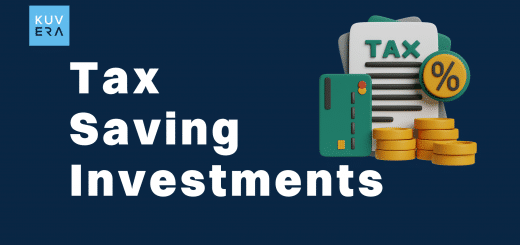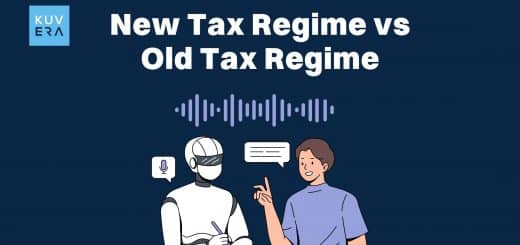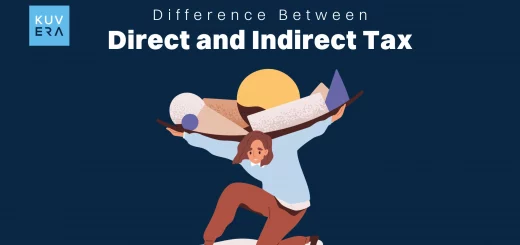It’s January and if you are salaried, your employer will probably soon (if not already) ask you for a declaration of all tax saving investments that you have made during the financial year. And you will have to choose from a myriad set of options to invest in and disclose that INR 1,50,000 of investments that you are eligible claim deductions under Section 80C. An ELSS investment is one of the best options available to you from a tax saving and returns standpoint. Actually, this applies to all individuals who have taxable income.
ELSS is an acronym for Equity Linked Savings Scheme. They are Mutual Fund Schemes, investments in which are eligible to be claimed as deduction under Section 80C of the Income Tax Act. Most fund houses have Schemes that are classified as Tax Saver or ELSS schemes.
Some of the key features of investments in ELSS are as follows:
- You can invest any amount in one or more ELSS in a Financial Year. But only your investments upto INR 150,000 in eligible investments will qualify as a deduction under Section 80C.
- The corpus of ELSS are invested in Equity markets which carry more risk but offer a higher potential for returns.
- There is a lock-in period of 3 years on investments made in these schemes
- You can invest in ELSS through one time investments or a Systematic Investment Plan(SIP) like in any other Mutual Fund Scheme.
- With the introduction of LTCG, capital gains on ELSS funds will be eligible for LTCG tax of 10% with an exemption on the first Rs 1 lakh in gains. The smart thing to do here is to sell your ELSS units after 3 years if the gains is below Rs 1lakh and then invest in ELSS funds again for that years tax savings or regular equity funds if investors is no longer eligible for 80c tax savings.
Most individuals have relied on investing in Public Provident Funds (PPF) for tax savings in the past. It has been a good option as the returns are announced and guaranteed by the government. And in the past PPF returns had been quite high though they have been trending downwards. Further, PPF is EEE tax free, meaning no taxation at investing, earning and withdrawal stages but so are ELSS investments. But on many parameters ELSS are better investment options than PPF as we explore in our next post in the ELSS Series.
So now you can stop being intimidated by ELSS and make it part of your tax saving investment portfolio. And when you invest through us, your money goes into Direct Plans only saving you loads of money that would otherwise get paid as commissions.
Visit us to invest in Direct Plans of Mutual Funds and save BIG on commissions!!!
If you like this post, share the love below.











Shahid
August 2, 2018 AT 14:48
It is mentioned in the above article that “Capital gains from these funds are tax free” which is not true. As per the new finance law passed in Feb 2018 LTCG will be charged at 10% if your gain is more than 1 lakhs.
That means if you make a profit of 2 lakkhs from an ELSS fund, first 1lakh is tax free and the remaining 1 lakh will be taxed at 10% which will come up as Rs10000 which you will have to pay as tax
Gaurav Rastogi
August 10, 2018 AT 01:26
Updated.